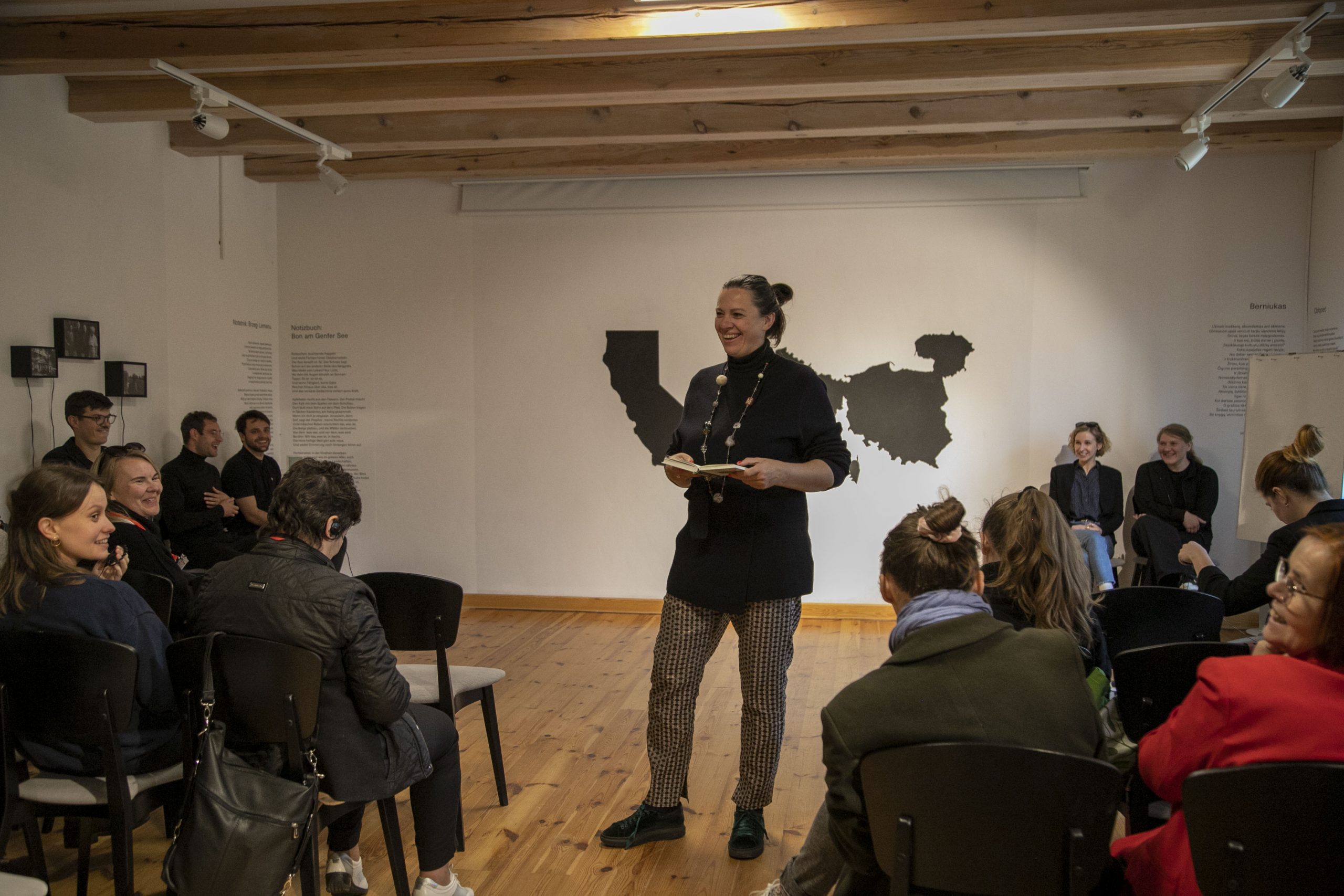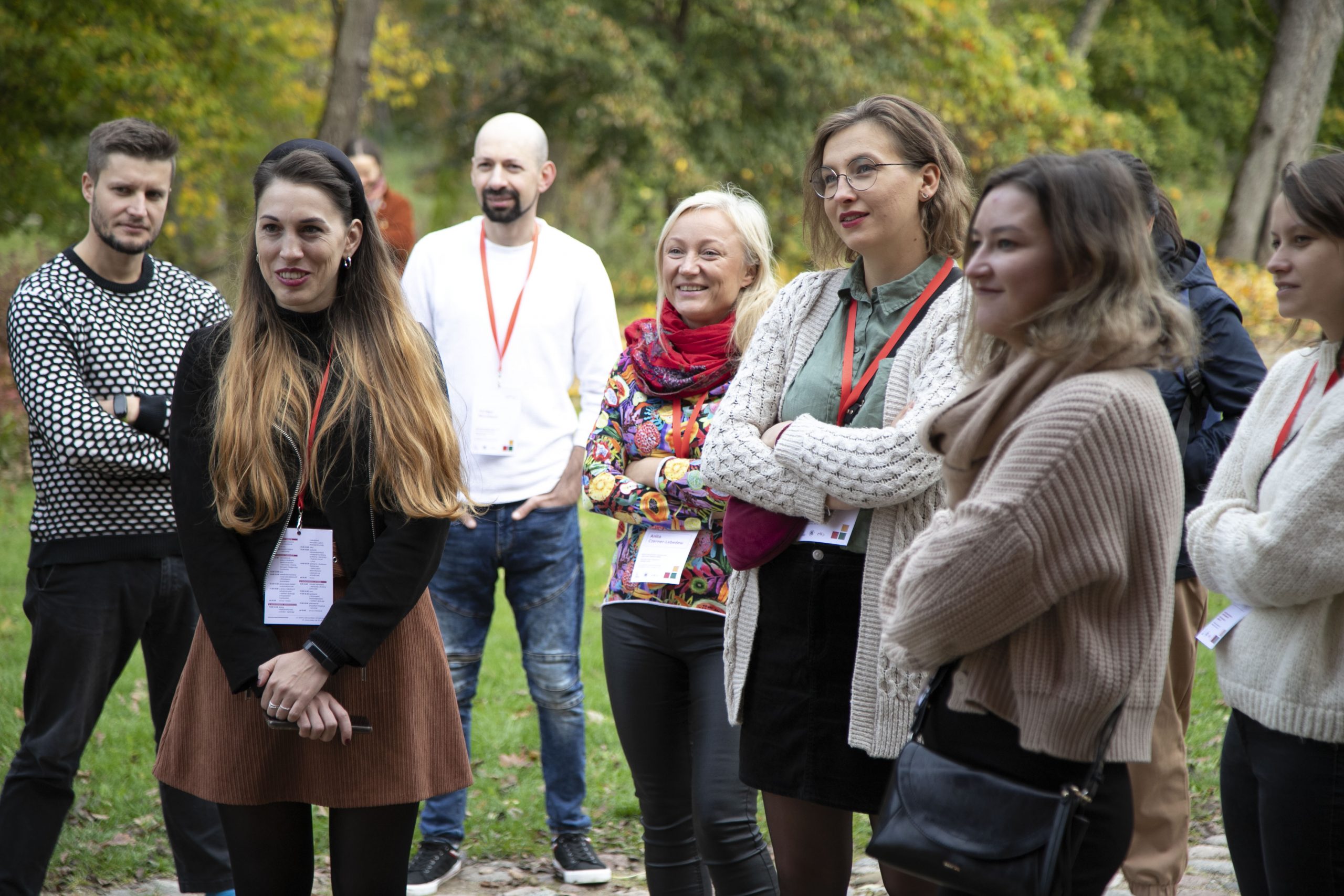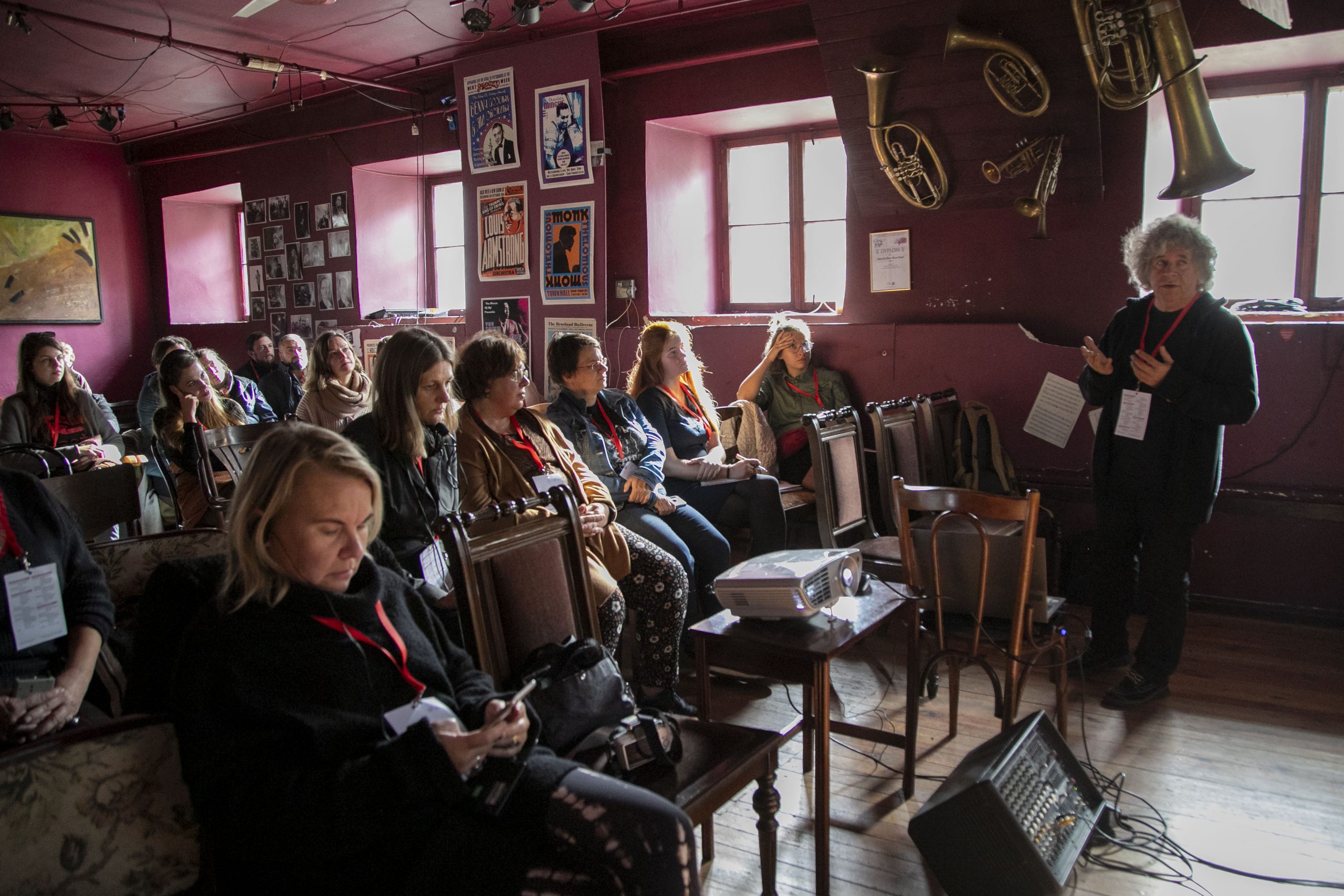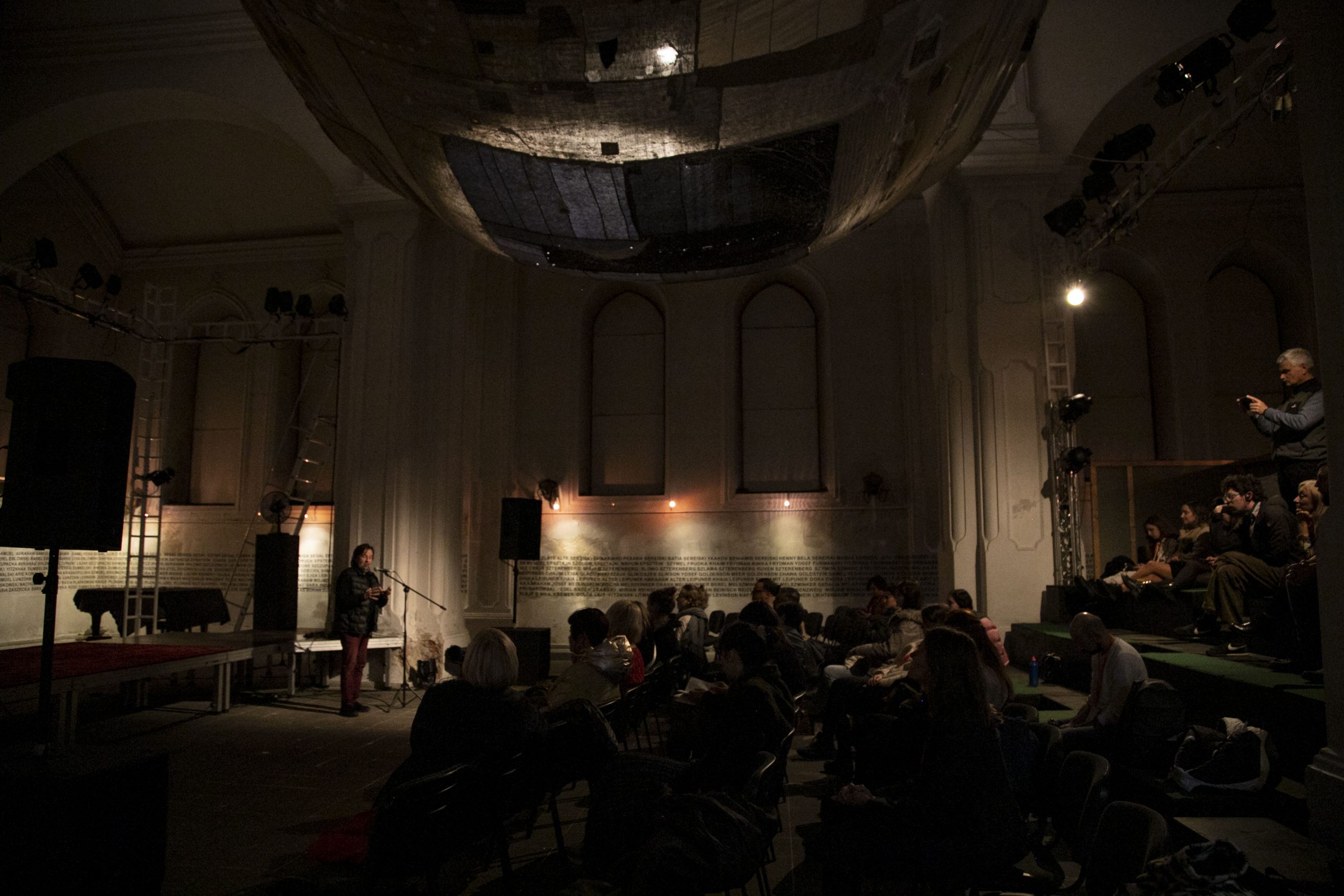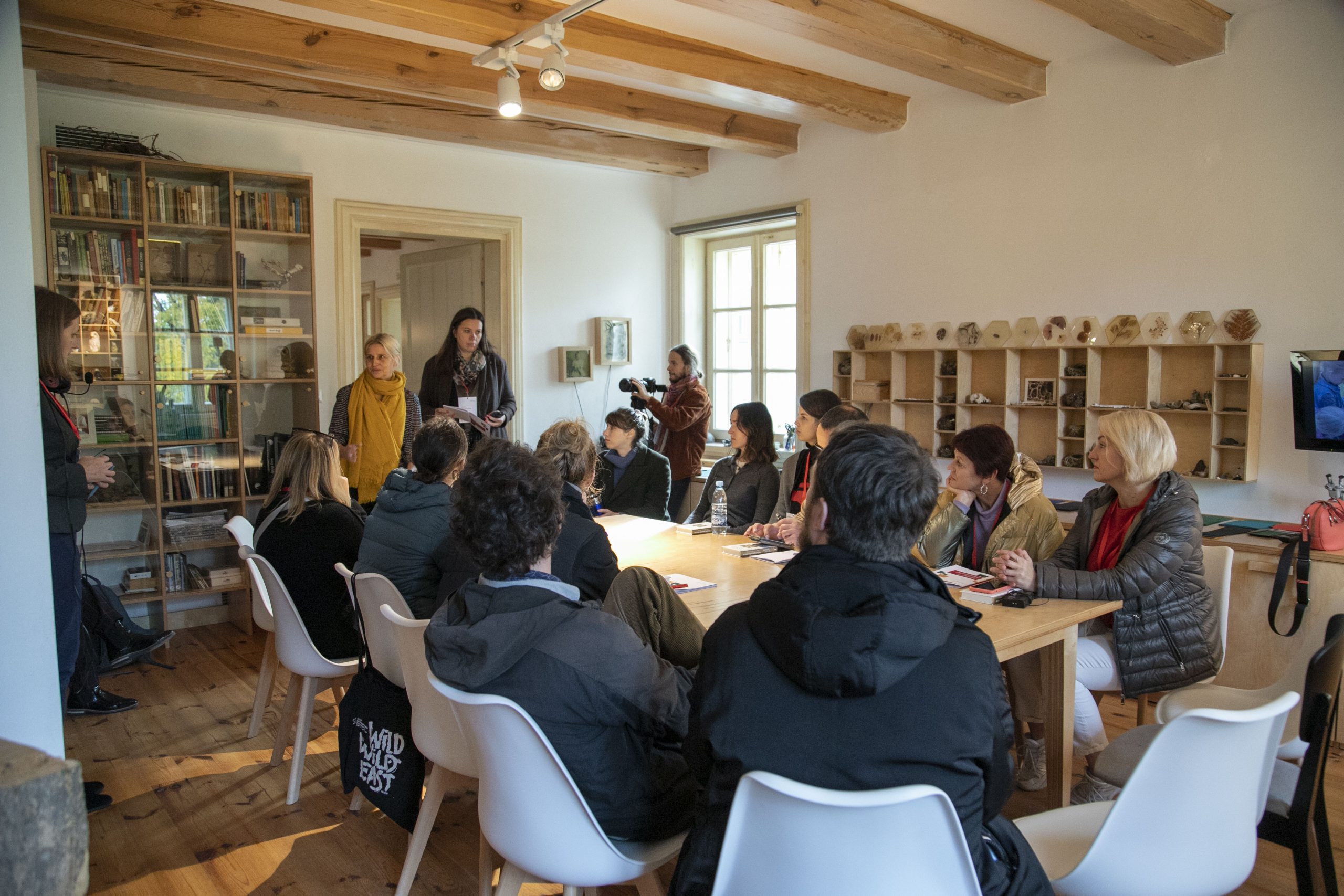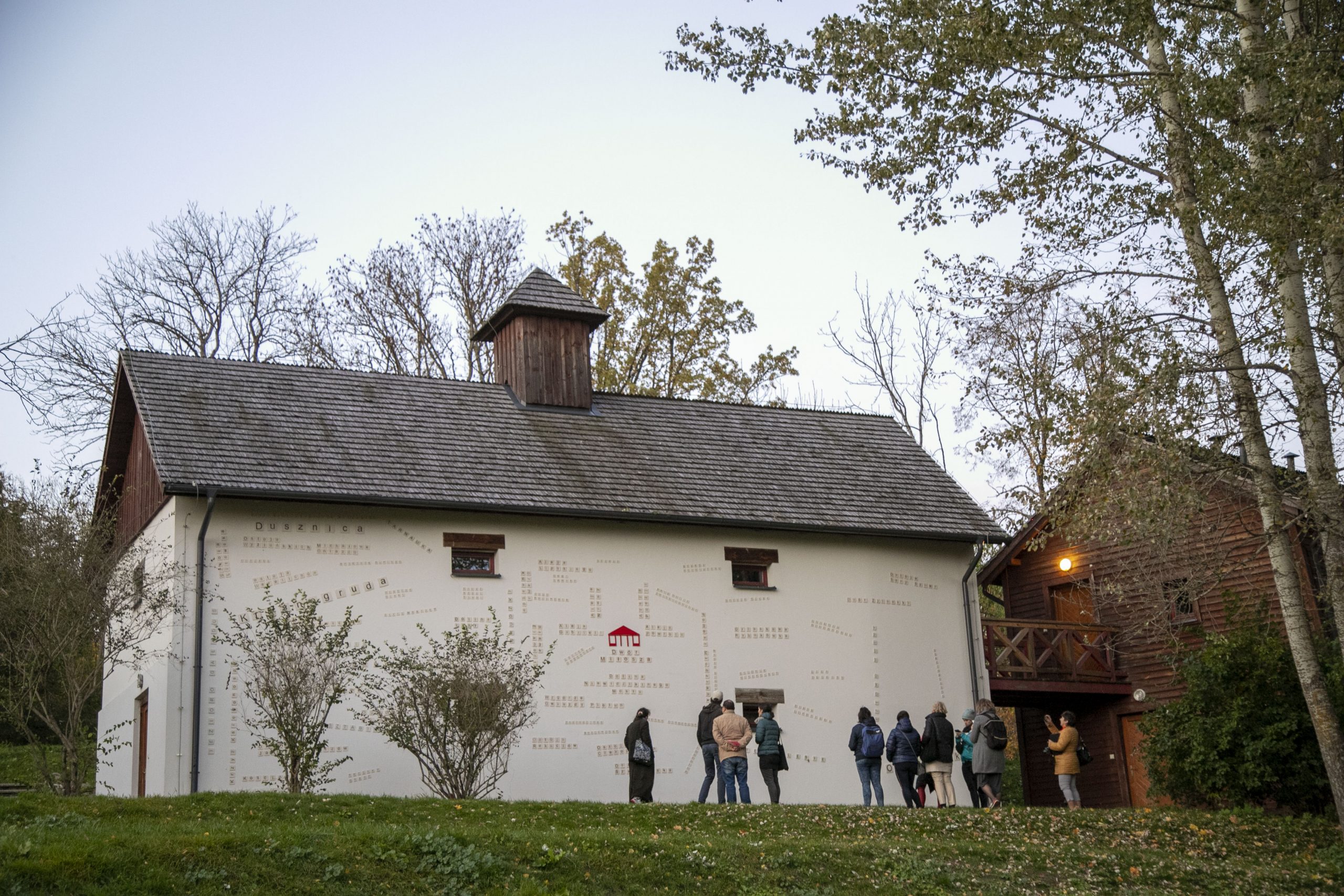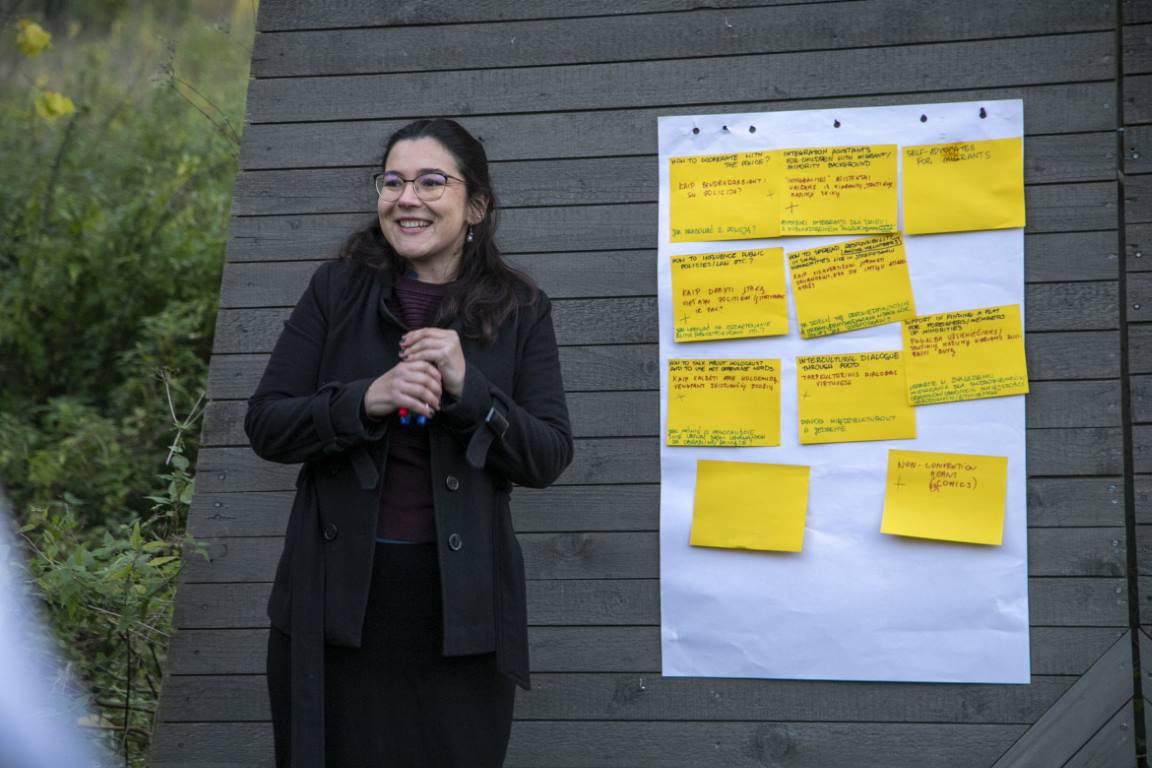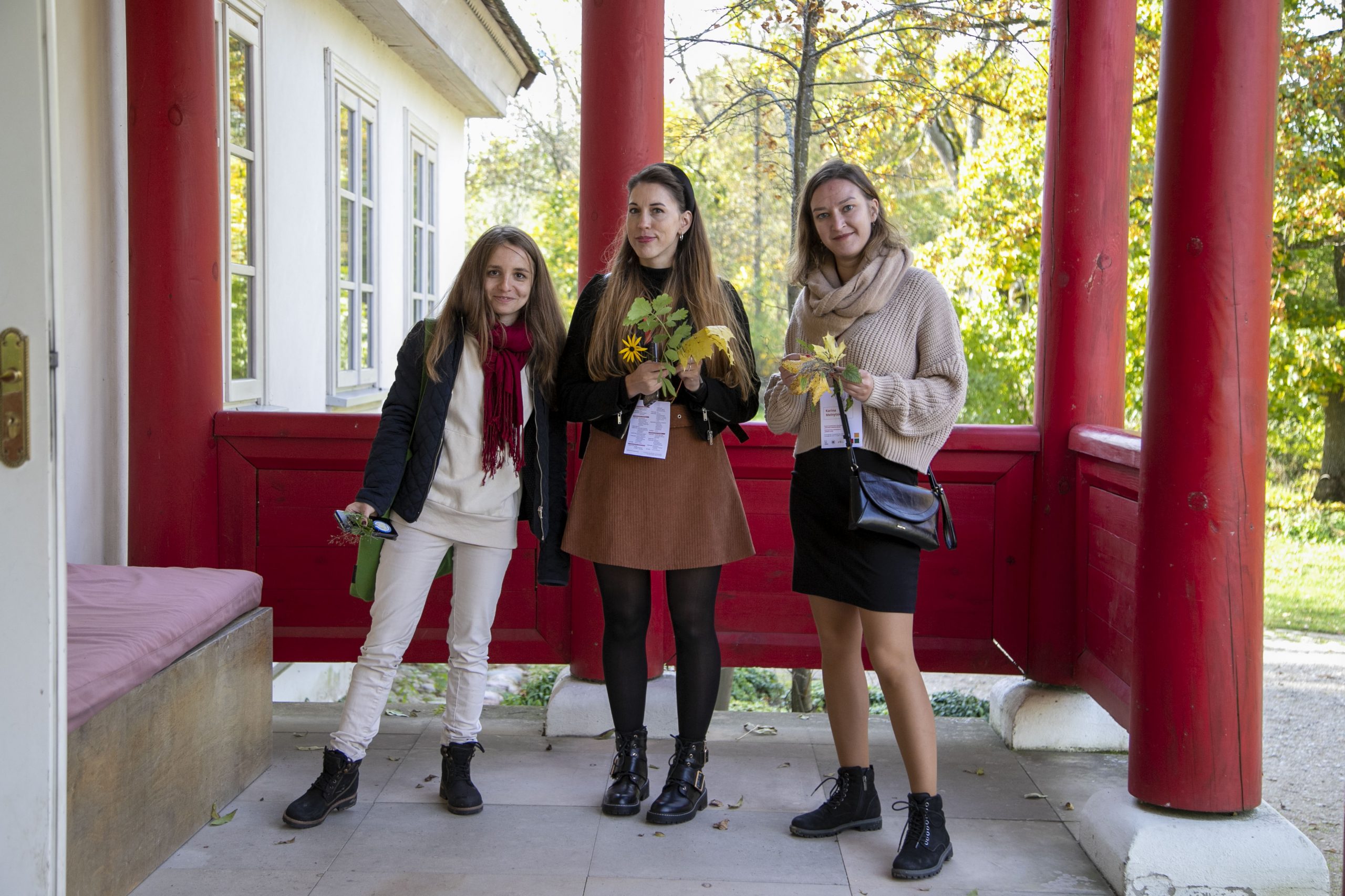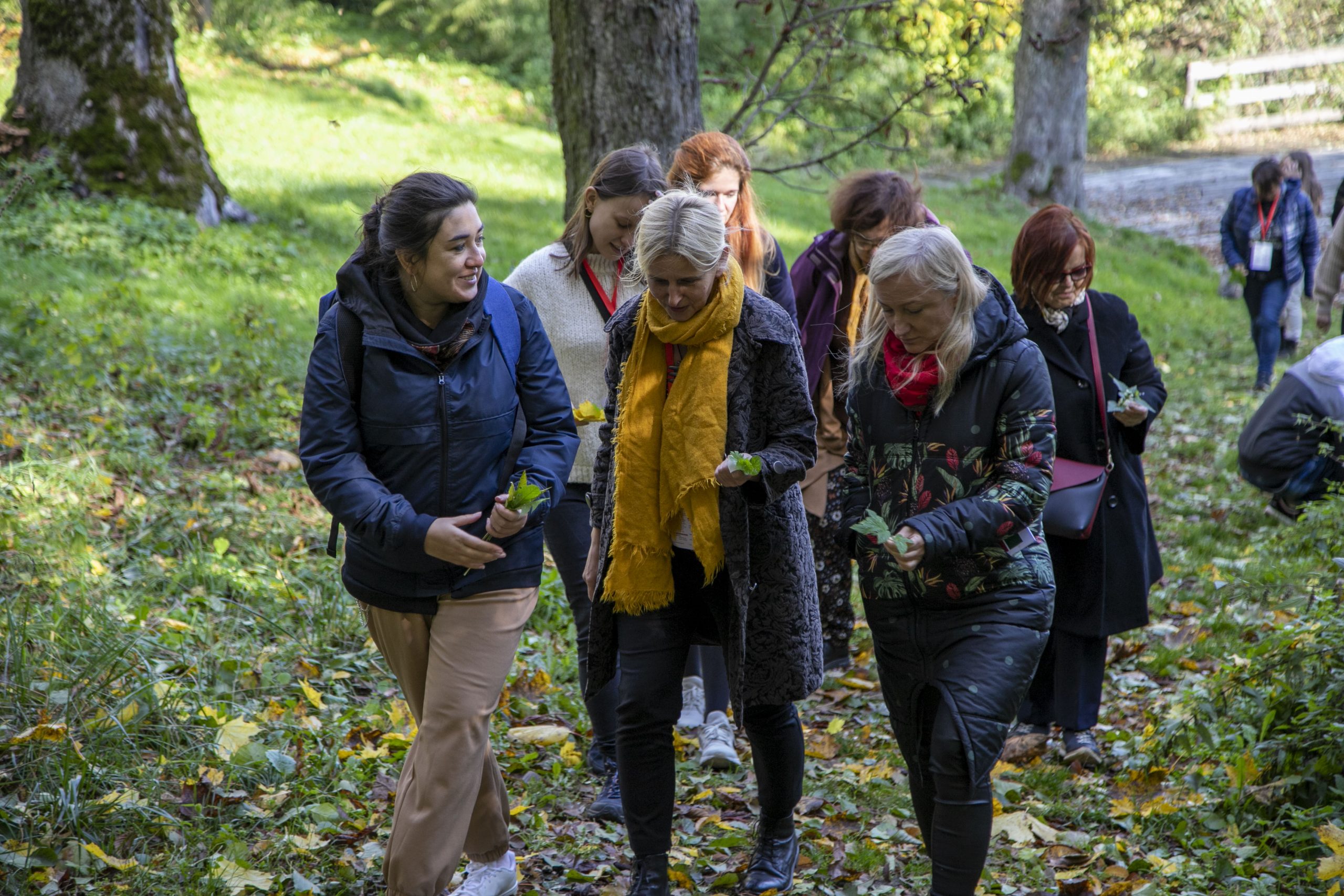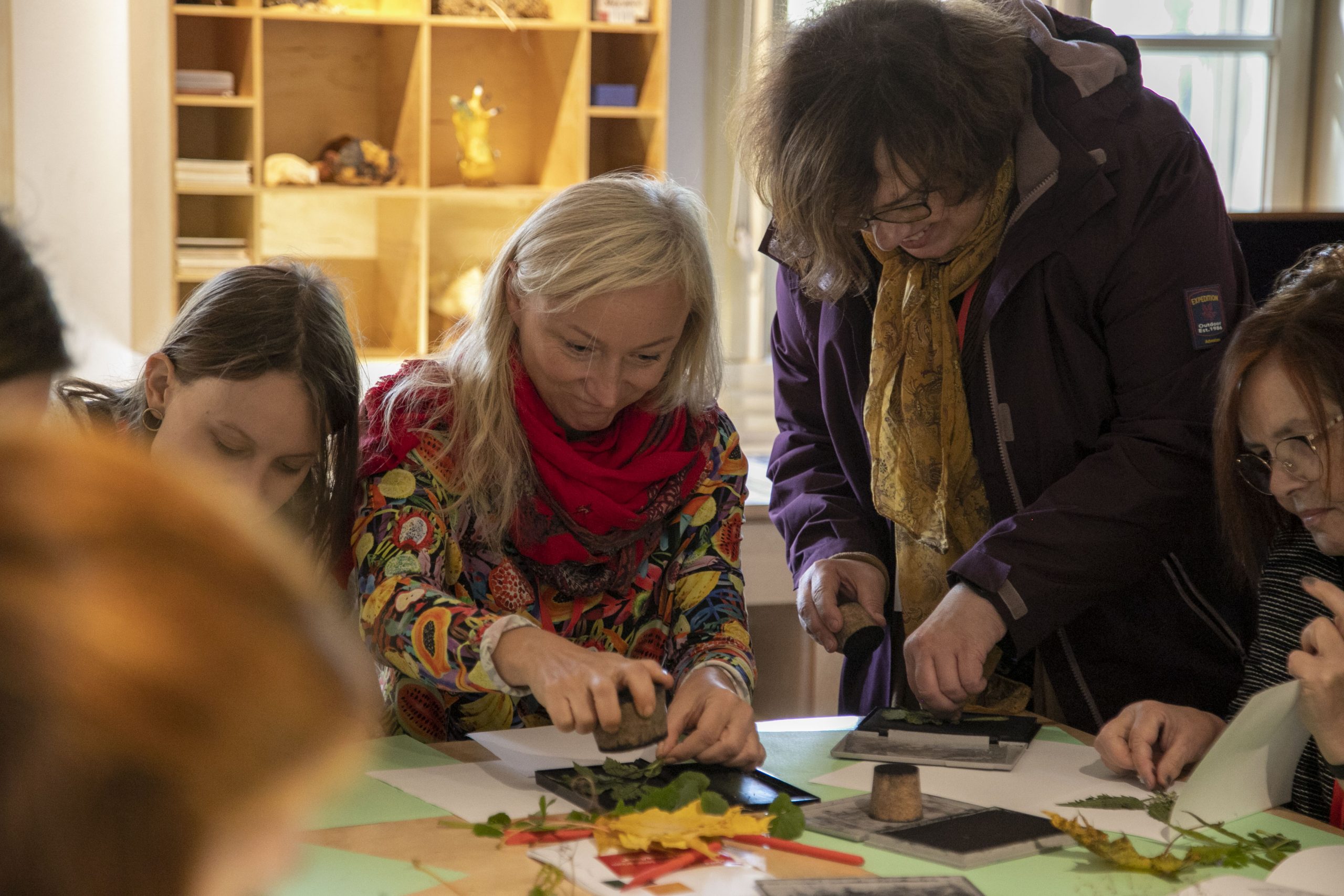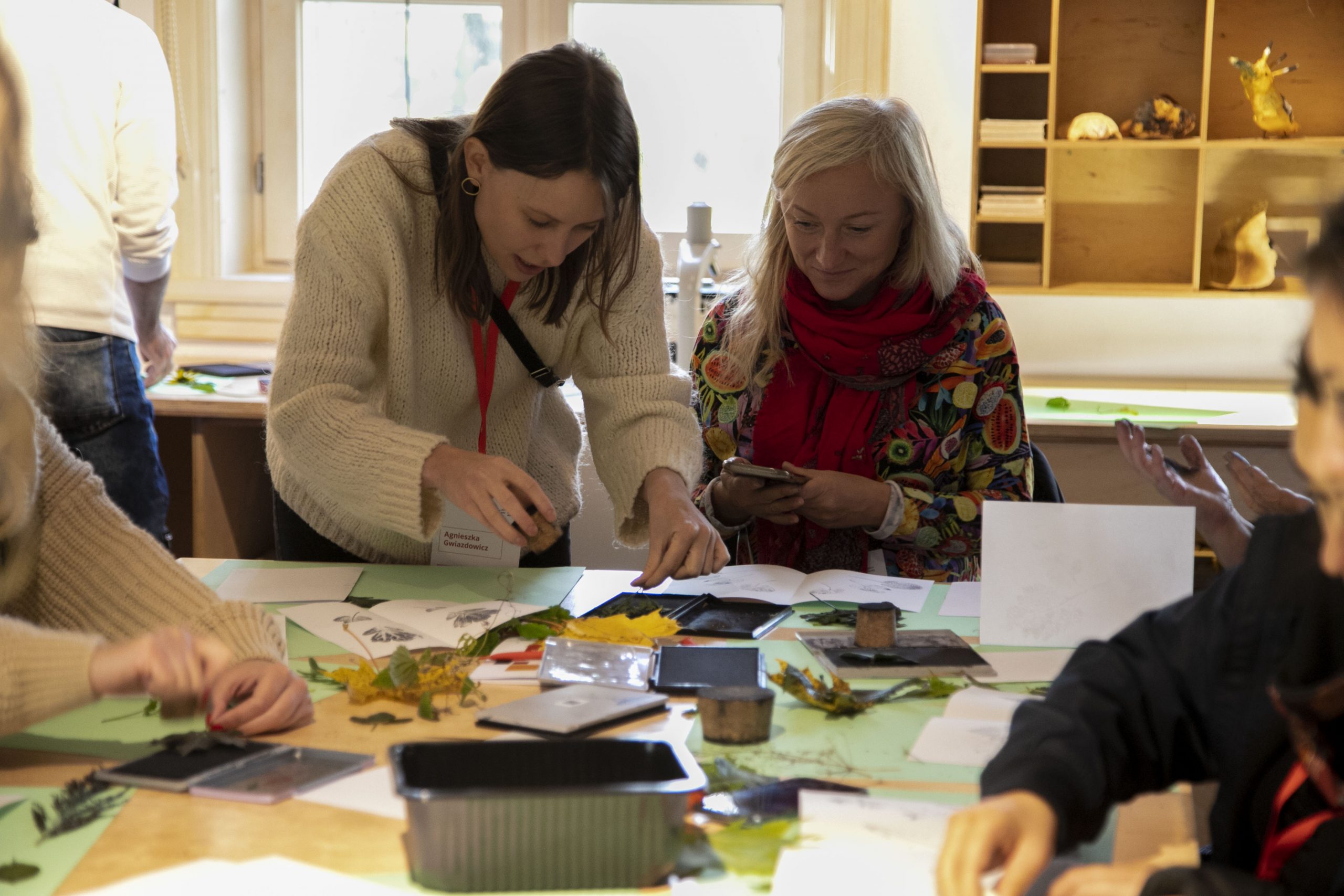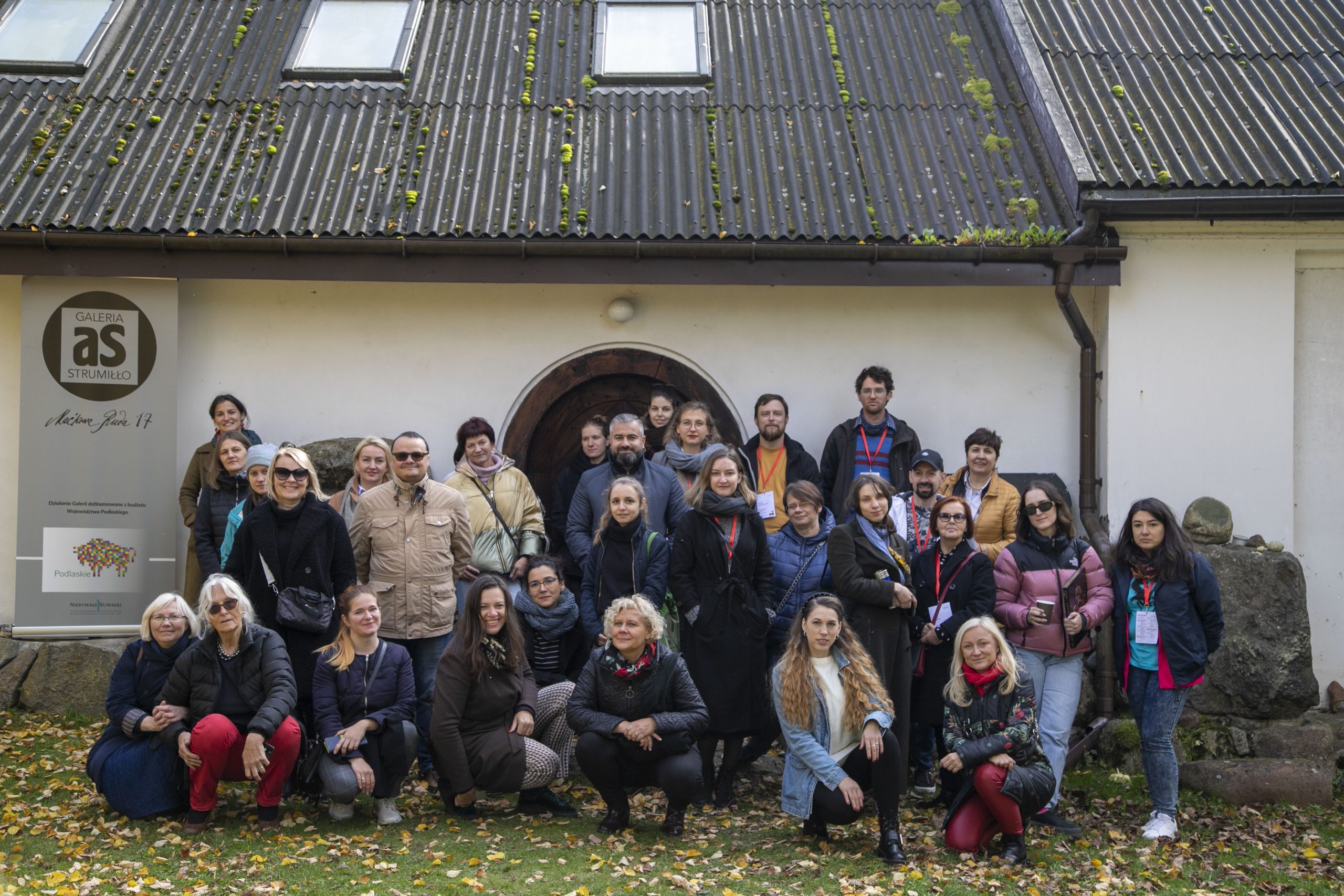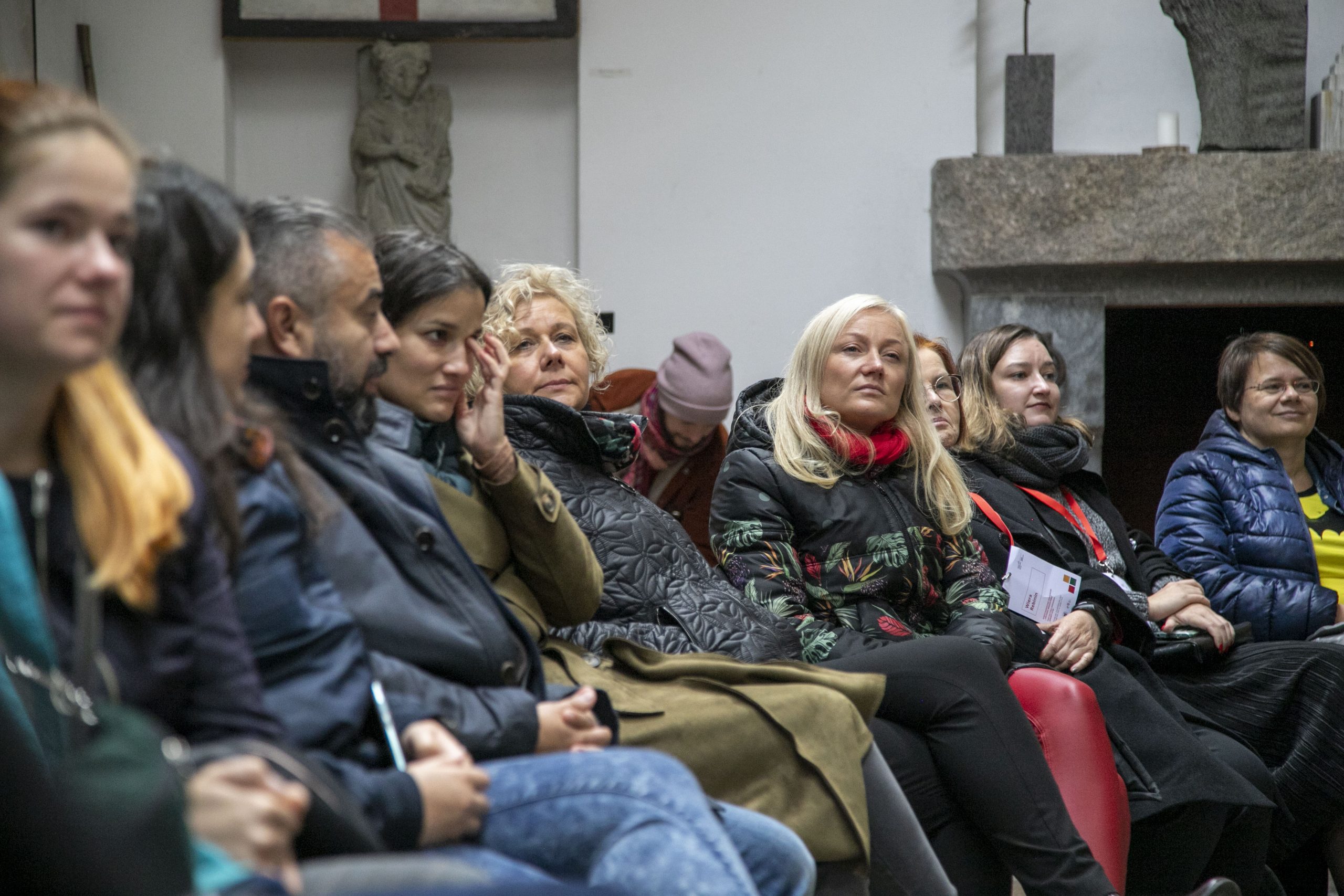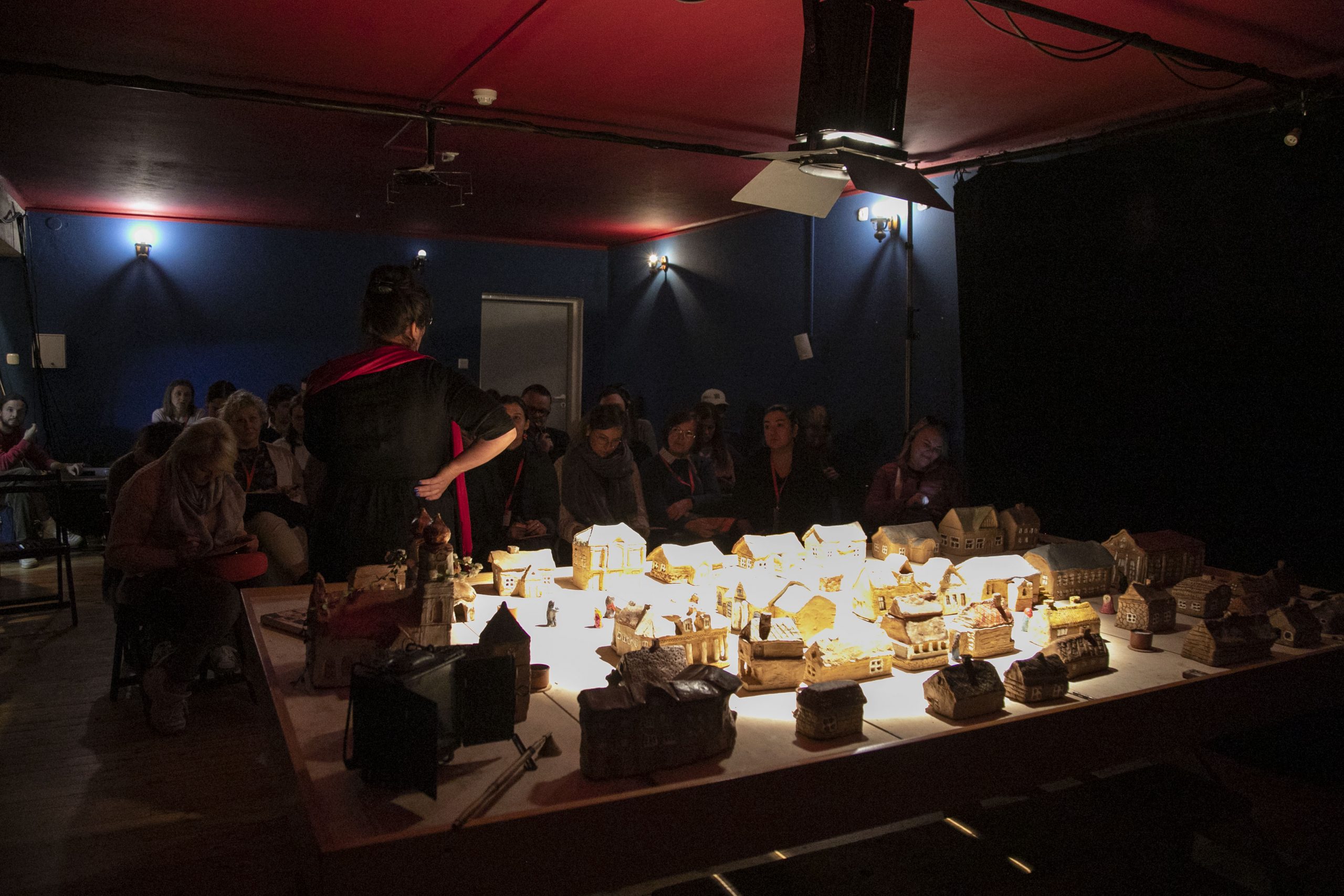When Hearing the Other becomes a challenge (Sandra Adomavičiūtė, Head of the Open Society Foundation)
Rethinking values, reviewing the challenges of intercultural dialogue in Lithuania and Poland at a time of division and ethnocentric authoritarian tendencies, sharing experiences and generating ideas that could be mutually taken up by Belarusian, Lithuanian and Polish practitioners building intercultural connections. These are the expectations that we, together with the team of the Stefan Batory Foundation (Poland), raised when organising in October an international seminar for Lithuanian and Polish civil society organisations working on the empowerment of national minorities, migrants and foreigners.
The venue of the seminar – the 17th-18th century manor house where Česlovas Milošas used to spend his summers, Krasnagrūda, the centre of Paribio – was chosen by chance. In these lands of the periphery, Krzsystof and Malgorzata Czyzewski, Bozena and Wojcecj Sroeder managed to restore the palaces that had been destroyed by time and to establish, as Prof. I. Veisaitė used to say, a utopian world, or, as K. Czyzewski himself calls it, the small centre of the world. It is impossible to describe the uniqueness of the place in a nutshell, because in this margin, through practice, culture and music, communication, intellectual and academic gatherings, it has been possible to bring together different and diverse people under the same roof of shared memory and heritage.
The title of the seminar “Hearing the Other” was primarily an allusion to the target groups of the civil society organisations participating in the seminar: national/ethnic minorities, migrants, people from other cultures. However, this concept is increasingly resonating in a polarised and divided society, as it is difficult to find a way to talk to someone who thinks, thinks or behaves differently. Not to mention entering into constructive dialogue and building a relationship.
“We are able to turn otherness into a household museum exhibit, a curiosity, a monkey in a cage, an attractive media topic, but not into a partner with whom we have a natural relationship, with whom we disagree, compete, defend or criticise,” writes Czyzewski in his recent book “The Little Centre of the World”, also in Lithuanian.
It is in this small centre of the world, in these marginal lands where different ethnic groups (Lithuanians, Poles, Jews, Russians) with tensions of historical memory have lived, that they are able to create natural relations of coexistence and solidarity. It was here that 30 representatives of civic organisations from Lithuania and Poland spent 4 intensive days seeking inspiration, forging new partnerships and gaining practical ideas through a programme of lectures, workshops, excursions and relationship-building.
I hope that the connections made and the informal network of common activities created will continue to build invisible bridges and respond to the leitmotif that was constantly heard during the seminar – how to break stereotypes in our very homogeneous societies, how to hear the other.
And we, the Open Society Foundations and the Stephen Batory Foundation, are considering the possibility of continuing this kind of dialogue a year from now.
Photo: Gabija Jakimavičiūtė

